When I sat down to read Kyra Gregory’s novel Secrets Clad in Light I wasn’t sure what to expect, but her unconventional 19th-century romantic thriller hooked me fairly quickly. (Read the review here.) Today, Kyra answers my questions about the book, among other things.
Kyra, tell us a little bit about who you are and what hooked you on writing.
I’m a young writer on the island of Malta. I’m quite an introverted personality but I love putting everything out there into a story.
It started out very simply; at a point in my life when I felt like I had nothing I wanted something that was my own. It had to be something I created that nobody could touch or try to take away from me. Writing came quite naturally to me, I still don’t quite know exactly how it started but when a friend of mine found out he pushed me to keep doing it because he said my words made people feel something.
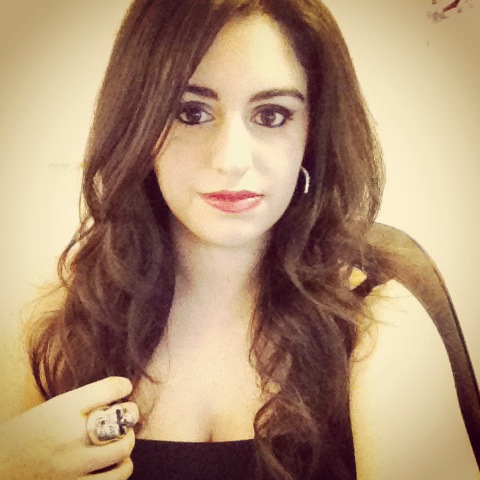
Secrets Clad in Light is set in the 19th century. What about that period inspires you? Why choose that period for this story?
I’m not sure what it is that I love about that period. It’s so different to now in so many ways but the 19th century was when some things really began advancing, such as medicine. The clothing, the speech, the setting; I think it’s all so beautiful and interesting.
I wanted to write a story in that period for a really, really long time but it was killing me trying. When you write a story set in the past you have to be really committed to the history; you can’t easily blow up a building or something to that extent without needing to provide some sort of explanation as to why we don’t know of this. Unless, of course, you’re writing fantasy. Still, I’m not one to easily give up so I thought I’d try one more time; I was successful finally.
The lead character in this book is in love with another man. Did you set out to write a gay love story, or do you think of it as a love story in which the characters happen to be gay?
Before I started publishing I always saw what I wrote as simply a romance novel or love story, regardless of who the characters were in love with. It was only once I started publishing that I paid more attention to this; to me, it’s still just a love story and the characters happen to be gay.
In addition to romance, Secrets Clad in Light is also a mystery/thriller, and I don’t think Sherlock Holmes would have felt out of place in this story (or at least his Baker Street Irregulars wouldn’t have). Are you a fan of the mystery/thriller genre in general? Did those elements of the story make it more difficult to plot than if it had been JUST a romance?
I do really enjoy the mystery/thriller genre, but I never had any faith in actually writing it. I don’t think there was a week growing up where someone in the house didn’t watch a Sherlock-Holmes-type mystery. I never planned on writing one, but Mary was just so stubborn that she was pushing the story in that direction. I chose to go with it. That direction caused me quite a bit of trouble but I love to experiment with new things so the challenge was fun.
Your characters, particularly Henry and Mary, are very vivid, complex people, each with their own set of secrets. Did you base them on people you know, or are they entirely your own creations?
They developed all by themselves; I gave them a few traits as the story started, but before I knew it they had completely developed.
Henry remained quite similar to what I had first imagined him to be, although he wasn’t really inspired by anyone I knew. Mary, though, became something entirely different; I still look back sometimes and wonder, “What happened to you?” Even as I ask that though, I have no longer have a clue what it was that I had expected from her.
Henry’s love-interest, Seth, is injured when we meet him, and spends the vast majority of this novel recuperating and essentially mute. Did your decision to effectively deny him any dialogue cause any challenges when trying to define his personality?
I often asked myself if I had made a mistake doing that. I really and truly enjoy writing dialogue, so when it came to him I did begin to wonder what on earth possessed me to do something like this.
Then I would remember how much conversation between people is more body language than actually spoken word and it made things a bit easier.
I still feel that there is a certain part of his personality that would have shone better had he been able to speak, but also if that were possible I feel like the story would have been very different.
We, the reader, are doled out pieces of Mary’s story in tiny bits, as she warms up to Henry. As the author, do you have a fully-developed backstory for her? Is there any chance of another book with Mary’s story expanded?
For quite some time while writing, I only knew as much about Mary as Henry did. Now, I can say that I have a bit more of her past, and her personality, figured out. That being said, I’m not too sure if it will ever be revealed. There’s something appealing in keeping it a secret. I’m not too sure though; maybe if I can come up with a story on Mary’s terms she’ll allow me to reveal what I know. I’m sure she’ll find some new secrets to keep from me by that time.
I really loved the two main settings in the novel – the sewer lair where this unconventional family coalesces, and the abandoned bakery they move into later. What inspired you to use the sewers?
Something interesting about the 19th century is the distinct line between the different classes. Most recently we often see the 19th century, and similar periods, as quite extravagant and I wanted something different.
I thought it suited the characters also. In the sense that on the surface late 19th Century London was seen as something thriving, improving, but a lot of people forget what was beneath the surface of it all; that there were still plenty that were poor, hungry and living in slums. The characters are similar; though they appear to be one thing to the social circles they form part of there are layers to their personalities that were kept hidden for the sake of those ideals.
Is there a specific passage in Secrets Clad in Light that you particularly love? What is it?
I truly enjoyed writing the scene between Mary and Henry in the church. It was a moment in which, unexpectedly, Mary and Henry opened up to each other a little about their pasts, their fears and hopes. It felt very easy to write and there was something about it that really touched me.
This is your second direct-to-Kindle publication. What made you decide to publish your work this way?
Although I had never thought of trying to make a career out of my hobby a few years ago I sent a manuscript out to a few publishers just to challenge myself as a writer and see what kind of feedback I would receive.
I got a few rejections, one no-answer and one acceptance. That acceptance was on the condition that I changed the gay romance into a straight one. I’m a control freak and, while I appreciate people’s opinions and advice, in the end I just want to do things the way that suits my vision the best. I don’t like being told a project can’t go the way I want.
For this, self-publishing was the way to go. I started with Kindle to test the waters and I hope to branch out a little more soon.
What should we look for from you in the future?
I want to keep trying new things because I love the challenge. Very soon I will be re-writing and extending a series that I started a few years ago so there’s that to look forward to. I have quite a few projects lined up and hopefully it won’t be too long of a wait.
Social media is a key part of promoting any book these days; where can readers connect with you on the web? How about Facebook, Twitter, and Pinterest?
I try not to have too many sites and such; it’s difficult to keep many up to date constantly but I’m always on twitter and recently started a page on facebook. Of course, there’s also my blog.
Twitter: @Kyra_Lyrical
Facebook: Kyra Lyrical
Blog:KyraLyrical
Goodreads:Kyra Gregory
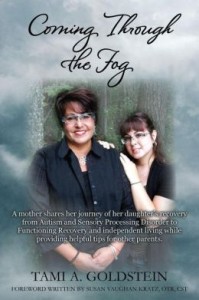
![]()
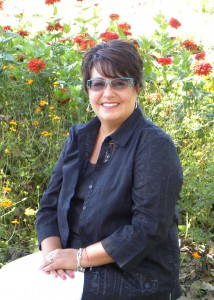

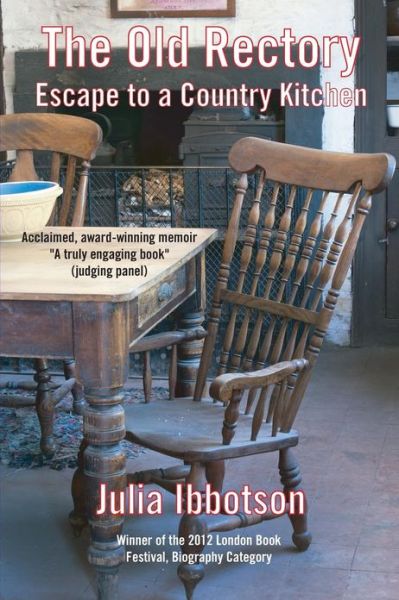

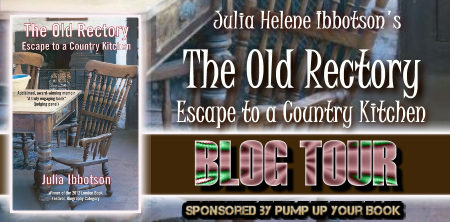

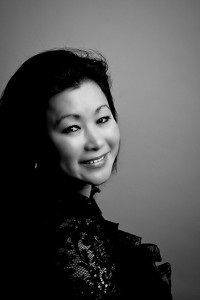 Just yesterday, I posted a review of the marvelously moody, spectacularly spine-tingling Morgan Hall, a modern gothic novel by Bo Briar. Ms. Briar was gracious enough to spend some of her writing time doing an emailed interview with me. I can tell she’d be a great person to share a mug of tea with while spinning stories on a rainy afternoon.
Just yesterday, I posted a review of the marvelously moody, spectacularly spine-tingling Morgan Hall, a modern gothic novel by Bo Briar. Ms. Briar was gracious enough to spend some of her writing time doing an emailed interview with me. I can tell she’d be a great person to share a mug of tea with while spinning stories on a rainy afternoon.




